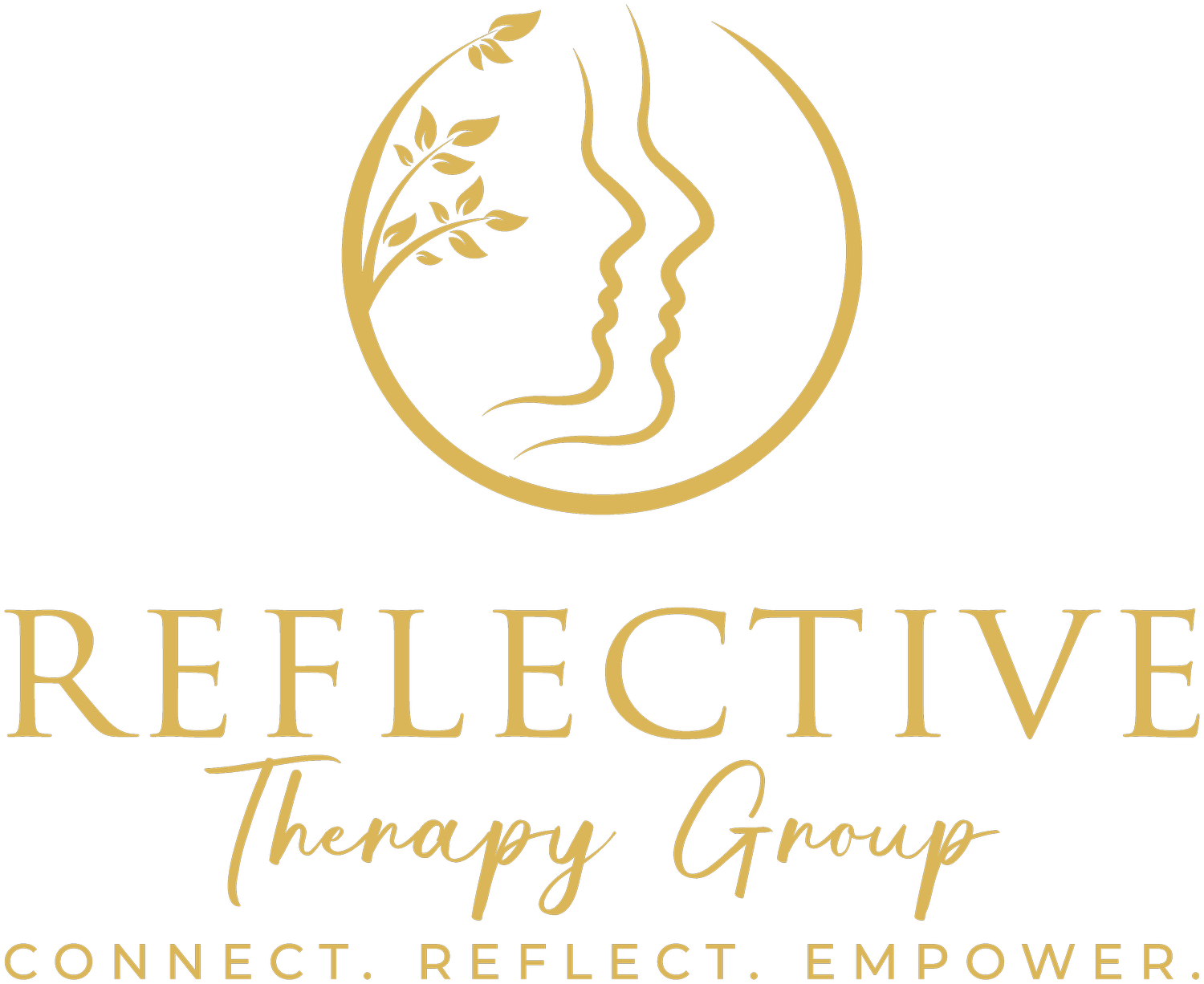Therapy for Eating Disorders and Body Image
At the Reflective Therapy Group (RTG), we recognize how challenging it can be to seek help for struggles with eating and body image concerns. Struggles with eating, food, and body image are incredibly common and often not adequately addressed in mental health treatment. We offer compassionate support and professional expertise to assist you on your path to a healthy relationship with food and your body.
Disordered eating refers to a wide range of irregular and unhealthy eating behaviors that can lead to significant physical and psychological distress. These behaviors may not meet the criteria for a specific eating disorder like anorexia nervosa, bulimia nervosa, or binge-eating disorder but can still have serious consequences for an individual's overall well-being. Here's an overview of some common symptoms of disordered eating:
Restrictive Eating – Constantly restricting the amount and type of food intake, often through strict diets or extreme caloric limitations.
Binge Eating – Consuming large amounts of food in a short period, often feeling a loss of control during these episodes.
Purging – Engaging in compensatory behaviors to rid the body of calories after overeating, such as self-induced vomiting, misuse of laxatives, or excessive exercise.
Yo-Yo Dieting – Frequent cycles of dieting followed by overeating, leading to fluctuations in weight.
Obsession with Body Image – An unhealthy preoccupation with body shape, weight, and appearance, leading to a negative body image.
Rigid Food Rules – Developing strict rules about what, when, and how much one can eat, often leading to anxiety and guilt when these rules are broken.
Emotional Eating – Using food as a coping mechanism to deal with emotions such as stress, sadness, or boredom.
Avoidance of Social Eating –Withdrawing from social situations involving food or eating alone to hide eating habits.
Preoccupation with Food and Calories – Constantly thinking about food, calculating caloric intake, and obsessing over nutritional content.
Distorted Self-Perception – Seeing oneself as overweight or obese despite being underweight or having a healthy weight.
Feelings of Guilt and Shame – Feeling intense guilt or shame after eating, especially if the food is considered "unhealthy" or "forbidden."
Decline in Physical Health – Experiencing physical symptoms such as fatigue, weakness, dizziness, hair loss, or irregular menstrual cycles.
Secrecy About Eating Habits – Keeping eating habits hidden from friends and family, feeling embarrassed or ashamed about the behavior.
Why Choose the RTG?
Collaborative Care – We believe it is important to address eating disordered behavior using a comprehensive treatment team. This team typically includes a therapist, dietitian, and medical professional (as indicated). We frequently provide referrals for nutritional counseling and medical monitoring in order to ensure the patient’s nutritional and medical concerns are being addressed. Our therapists collaborate readily with these professionals to provide personalized care tailored to each individual's unique needs.
Psychoanalytic Psychotherapy – Our therapists specialize in psychoanalytic psychotherapy and focus on helping clients explore the underlying psychological and emotional factors that contribute to their struggles with food and/or body image. We believe it is important to explore root causes and the function of eating disordered behavior in our clients’ lives in order to create lasting change. We also integrate aspects of other treatment approaches (DBT, CBT, ACT) as indicated depending on a client’s individual needs.
Body Image Work – Body image work focuses on challenging and reshaping negative body image perceptions and beliefs. Therapists use various techniques to help individuals develop a more accepting and positive relationship with their bodies. This may include exploring societal beauty standards, promoting self-compassion, practicing mindfulness, and engaging in activities that foster self-esteem and body appreciation.

